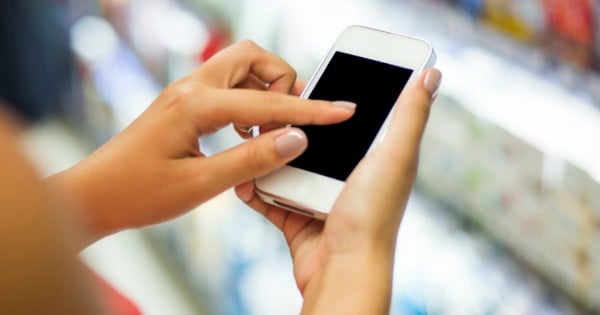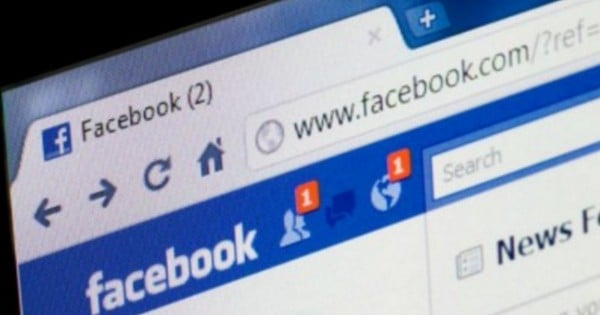
Ritesh Chugh, CQUniversity Australia
Social media is a double-edged sword, providing both benefits and drawbacks.
In order to stay connected, many of us are becoming captivated by these pervasive tools. A social media report by Sensis in 2015 reported that nearly half of all Australians access one or more social networking sites every day.
The report also found that Australians now spend an average of 8.5 hours a week on Facebook alone, with 24% checking social media more than five times a day. Seven in ten people used a smartphone to access their accounts.
Spending excessive time, often repeatedly and aimlessly, on social media can be called an addiction. In fact, social media could even be seen to have become a national obsession and Australians appear to be addicted. This addiction is not limited to Australia but spans the globe.
Is your iPhone addiction making you lose sleep? Try this. (Post continues after video.)
If you are unsure whether your social media usage has turned into an addiction, take the Bergen’s Facebook Addiction Scale quiz to find out.
What’s the expense of this addiction? Poor social relationships and isolation, compulsivity, victimisation, stress, depression and anxiety, exhibitionism and preference for online interactions over real world interactions.
With the growing use of social media, these problems will not disappear in the near future. Already, people are talking about how we can unshackle ourselves from social media.

